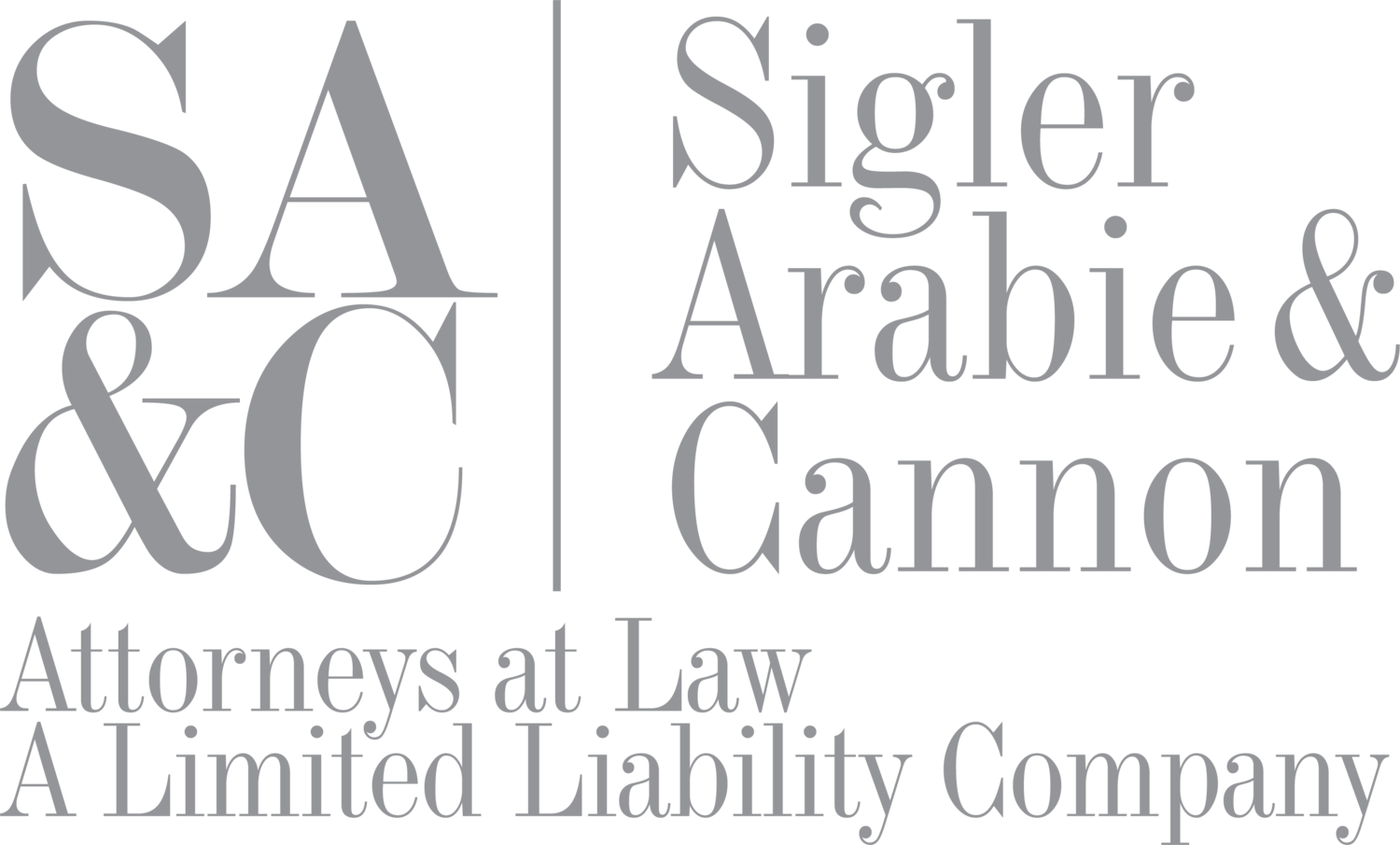wills/estate planning
A common misconception is that estate planning is “only for the wealthy”. Though we have the expertise and experience necessary to assist in complicated estate plans involving large and complex estates, including related tax planning, we believe estate planning is for everyone, in part due to how your assets will pass at death under Louisiana law without a will.
Our estate planning process begins with learning from our clients about their families and others important to them, their financial picture, and unique estate planning issues and objectives. We then work with each client or couple to build an estate plan designed to achieve their objectives as simply as practical, often in a manner intended bring their family closer rather than pulling them apart.
wills
Without a valid will, Louisiana law will govern how your “probate assets” pass to your heirs upon your death.
For married couples, many surviving spouses are surprised to learn that, without a will providing otherwise, he or she is not considered an “heir” but instead is only entitled to a so-called “usufruct” (generally use, management, and income) of the deceased spouse’s one-half share of the community property, and only until death or remarriage, without the right to sell most assets without consent of the deceased spouse’s children.
Also, any separate property of a spouse who dies without a will is left to the decedent’s children or, alternatively, other blood relatives. Thus, a remarried couple may live for many years in the home of one of them, upon whose death the survivor is evicted from the home by the deceased spouse’s children.
Obviously, such arrangements substantially limits the ability of the surviving spouse to manage community and even separate property the married couple always considered “theirs” - usually not the result most couples intend upon the death of the first of them to die.
These examples illustrate the critical importance of having a will, which allows you to decide how and to whom your assets will pass at your death. In addition to ensuring the financial security of the surviving spouse, other important reasons to have a will include (but are not limited to):
Naming an Executor to probate the will and administer your succession
Nominating a guardian (in Louisiana, called a “tutor”) for minor children
Establishing trusts for younger or disabled descendants or others
Directing particular assets to certain persons (for example, “fishing and hunting equipment to one child and jewelry to another”) or making other special legacies
Making charitable legacies
Assist in making arrangement to preserve and maintain family assets for the benefit of current owners and future generations (e.g., family business or farm)
In large estates, limiting any potential federal estate tax liability
Powers of Attorney
Our clients frequently sign “durable powers of attorney” granting the other spouse or other family member’s broad authority to act concerning their affairs, primarily for use in the event such spouse would become incapacitated.
Even between spouses, having a Power of Attorney is important as it may avoid substantial legal expenses by avoiding in most cases a guardianship (in Louisiana, called an “interdiction”) proceeding in court that otherwise may be necessary should a spouse become incapacitated. For example, a Power of Attorney may be required to access accounts on which only one spouse is listed, to direct distributions from a retirement account or joint brokerage account, to make any transactions dealing with real estate, to file a joint tax return, and transfer title of a vehicle, boat, motorhome, etc. where the incapacitated spouse is listed on the title.
For a single client, a Power of Attorney likely is even more important in order to have a trustworthy person in place with authority to handle the client’s finances, including payment of bills (including medical bills) and to make medical and custodial care decisions.
Most often, our clients sign Power of Attorney granting both healthcare and financial decision making authority, though such powers may be split and granted to different persons.
We are experienced in drafting a wide variety of trusts, including testamentary trusts (established by will), revocable and irrevocable “living trusts”, special needs trusts (also called supplemental needs trusts), irrevocable life insurance trusts (ILITs), and more.
trusts
Many of our clients also sign “Living Wills” that confirm an intention not to commence or continue artificial life support under certain conditions, often primarily to take the burden of making such a difficult decision from grieving family members, should this unfortunate circumstance arise.
Living wills
beneficiary designation forms
Having a properly drafted Last Will and Testament is just one piece of a comprehensive “estate plan”. It also is important, and frequently critical, to consider “non-probate” assets which ordinarily pass by beneficiary forms instead of by will. Non-probate assets include retirement accounts (traditional IRAs, Roth IRAs, SIMPLE IRAs, 401(k)s, 403(b)s), life insurance policies, and annuities).
We will assist you in reviewing your beneficiary designation forms and customizing them so that both your probate and non-probate assets pass in the manner you intend.
Frequently asked questions
What does the estate planning process look like?
We ask that you contact our firm to schedule an appointment to discuss estate planning with one of our attorneys at a mutually convenient time. Though you may come to the meeting with nothing but yourself, we can send in advance a simple estate planning questionnaire to provide personal, financial and other information to be considered in the planning process.
The attorney will then meet with you (for couples, preferably with both) to discuss yourself, your family and other persons and organizations involved in your estate plan, desires regarding the allocation and management of your assets during life and at death, desired “fiduciaries” (including initial and alternate Executors of your estate, Trustees of any trusts, and guardians of your minor children, if applicable), powers of attorney, living wills, beneficiary designation forms, and other relevant matters.
At the first meeting, the attorney will discuss the scope of our requested services and fee arrangements and an estimated time frame to receive a letter discussing the proposed estate plan with draft documents.
As convenient upon receipt, we ask that clients take the time to thoroughly review the client letter and draft documents and then to contact the attorney with any questions, comments, or requested revisions, whether by email or telephone, if practical, or at a follow-up meeting.
When the client has confirmed that the documents are satisfactory, perhaps with minor changes, we will schedule a meeting to briefly review, discuss, and then sign and deliver the original estate planning documents, retaining copies for our files.
Sometimes there are follow-up items to be addressed, such as arranging for signing of powers of attorney by other persons or filing of beneficiary designation forms.
How much does estate planning cost?
The answer, as always, is that it depends on the complexity of the plan and the amount of time that it takes to complete the matter, though we will do our best to efficiently handle your estate planning. However, we believe that, when considered with what is at stake, ordinarily the cost of putting a suitable plan in place is a modest and rewarding investment. In the great majority of cases, we are able to provide a fee estimate at the first meeting.
I already have a will. Should it be reviewed and updated?
Again, it depends. If the will was recently prepared by our firm or other attorneys knowledgeable and experienced in estate planning, there have been no significant life (or relevant law) changes, and you are otherwise satisfied with the terms of the will, likely it is fine.
In fact, our goal, as we often tell our clients, is to prepare a will that is “built to last”, that is, with flexibility to address future changes, to the extent practical.
However, if you have had significant life changes or believe certain provisions of your will may no longer be appropriate, we encourage you to visit us.
Also, if your will was prepared prior to 2001, then you may wish to update your will to appoint an “independent executor” permitting your executor to handle most matters without court authority, which can substantially reduce the cost and duration of a succession proceeding.





